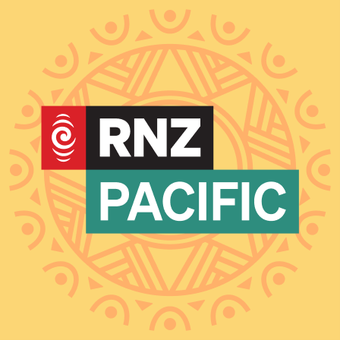The good governance agenda for civil society : lessons from the Fa'aSamoa : an analysis of the good governance agenda for civil society and its liberal counterpart as they pertain to civil society institutions based on 'affective ties'
- Description:
- This thesis sets out to use the case of Samoa to challenge arguments contained in, the good governance agenda, and a liberal prescription, for civil society. The good governance agenda argues that institutions based on "affective ties" must be eliminated from civil society. It argues that these kinds of institutions inhibit public sector efficiency and brings about or at least facilitates corru...
- Display date:
- 1999
- Location:
- Samoa
- Format:
- Thesis
- Collections:
- UC Research Repository
- Publisher:
- University of Canterbury
- Content partner:
- University of Canterbury Library
- Availability:
- Not specified
-
Copyright status: All rights reservedFind out more about what you are able to do with this itemThis item is all rights reserved, with means you'll have to get permission from University of Canterbury Library before using it. For more information, please see our use and reuse page.More informationUniversity of Canterbury Library has this to say about the rights status of this item:
All Rights Reserved
What can I do with this item?Non-infringing useNZ copyright law does not prevent every use of a copyright work, and this item may be hosted by an international institute or organisation. You should consider what you can and cannot do with a copyright work.No sharingYou may not copy and/or share this item with others without further permission. This includes posting it on your blog, using it in a presentation, or any other public use.No modifyingYou are not allowed to adapt or remix this item into any other works.No commercial useYou may not use this item commercially.
Related items
Welcome and warm Pasifik greetings
The information on this site has been gathered from our content partners.
The names, terms, and labels that we present on the site may contain images or voices of deceased persons and may also reflect the bias, norms, and perspective of the period of time in which they were created. We accept that these may not be appropriate today.
If you have any concerns or questions about an item, please contact us.

